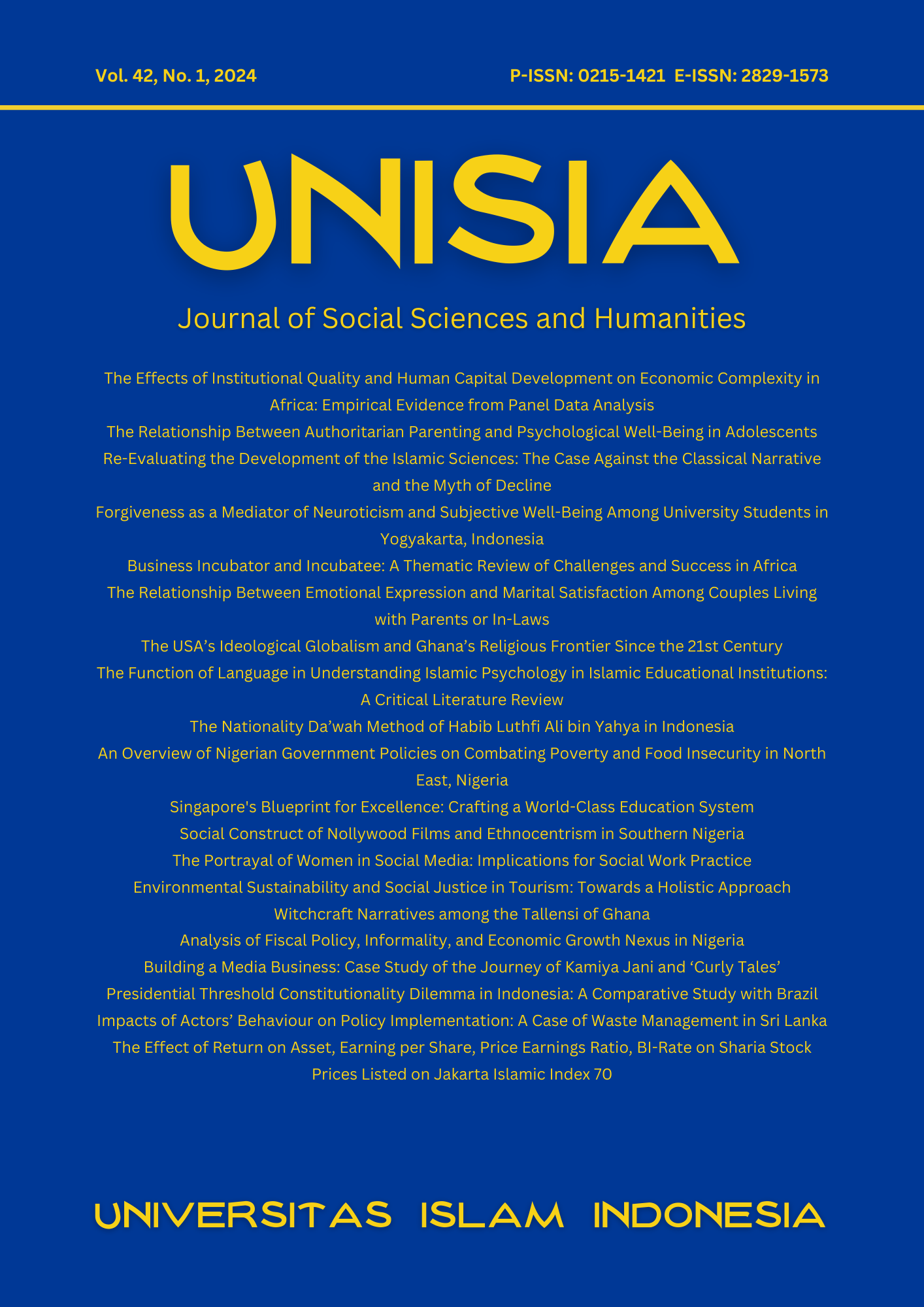Main Article Content
Abstract
Witchcraft and related issues have been part of African metaphysics. It remains one of the most important human predicaments and dynamics that most scholars find difficult to comprehend. Witchcraft accusations have reached alarming rates in the Tallensi District and the five regions of northern Ghana as a whole. Among the Tallensi, accused witches or wizards were sometimes murdered by their people on the advice of a diviner from another community. Sometimes, too, when the diviner confirmed an individual or group of people as witches, they were permanently cast out or expelled from the Tallensi community. There are several academic scholarly works on witchcraft worldwide. They have been closely examined, based on anti-witchcraft shrines, children's witchcraft, ‘witch camps’ accusations, alleged witches, and ethnically related witches and affiliates. However, the current research investigates the concept of witchcraft in a global society and how people understand and relate to it in their respective communities, particularly Tallensi. It also focuses on how one could be identified as a witch or wizard in his/her community, as well as the treatment that was meted out to him/her. Finally, this study sheds more light on the role of traditional indigenous shrines in the discussion of witchcraft among the Tallensi. To achieve this, the research relied on historical sources to re-evaluate the monograph of Meyer Fortes, who argued that witchcraft and its related activities are strange to Tallensi. The current contribution also discusses the increasing role of Christian interpretation of scripture concerning witchcraft and how the same has aggravated the witchcraft quandary in Tallensi. A qualitative research approach based on both primary and secondary data sources was employed in this study. The analysis revealed that, even though people believed in the existence of witchcraft, none could provide empirical evidence to prosecute a witch or wizard. Overall, the study also established that accused witches live a life of misery in their respective communities, even if they are not murdered or banished. Ironically successive governments in Ghana have done little to ameliorate the plight of these people, but they always solicit their vote during periods of elections in the country.
Article Details
Copyright (c) 2024 Samuel Adu-Gyamfi, Dennis Tibil Bersong, Ali Yakubu Nyaaba

This work is licensed under a Creative Commons Attribution-ShareAlike 4.0 International License.
- Authors retain copyright and grant the journal right of first publication with the work simultaneously licensed under a Creative Commons Attribution License that allows others to share the work with an acknowledgement of the work's authorship and initial publication in this journal.
- Authors are able to enter into separate, additional contractual arrangements for the non-exclusive distribution of the journal's published version of the work (e.g., post it to an institutional repository or publish it in a book), with an acknowledgement of its initial publication in this journal.
- Authors are permitted and encouraged to post their work online (e.g., in institutional repositories or on their website) prior to and during the submission process, as it can lead to productive exchanges, as well as earlier and greater citation of published work.




